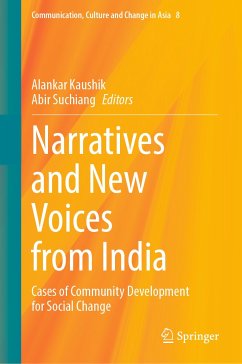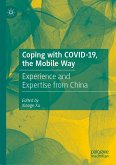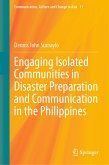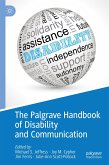This volume focuses on indigenous knowledge in analyzing the traditions and communication processes within various communities of Northeast India. It deals with the historical and theoretical trajectory of communication for social change as a discipline, bringing together a series of interesting case studies from the sphere of meaningful learning where individuals and communities engage in a cooperative and dialogic environment to promote change at multiple levels. The case studies cover a range of media - radio, video, 'forum theatre' - and considers both practitioners and audiences. The authors' focus on narration, diversity, participation, and interaction is timely, and expands knowledge relating to these areas by linking them in new ways. It is of interest to an academic audience as well as practitioners researching and working in areas of education, communication, community development, and social work.
Dieser Download kann aus rechtlichen Gründen nur mit Rechnungsadresse in A, B, BG, CY, CZ, D, DK, EW, E, FIN, F, GR, HR, H, IRL, I, LT, L, LR, M, NL, PL, P, R, S, SLO, SK ausgeliefert werden.









